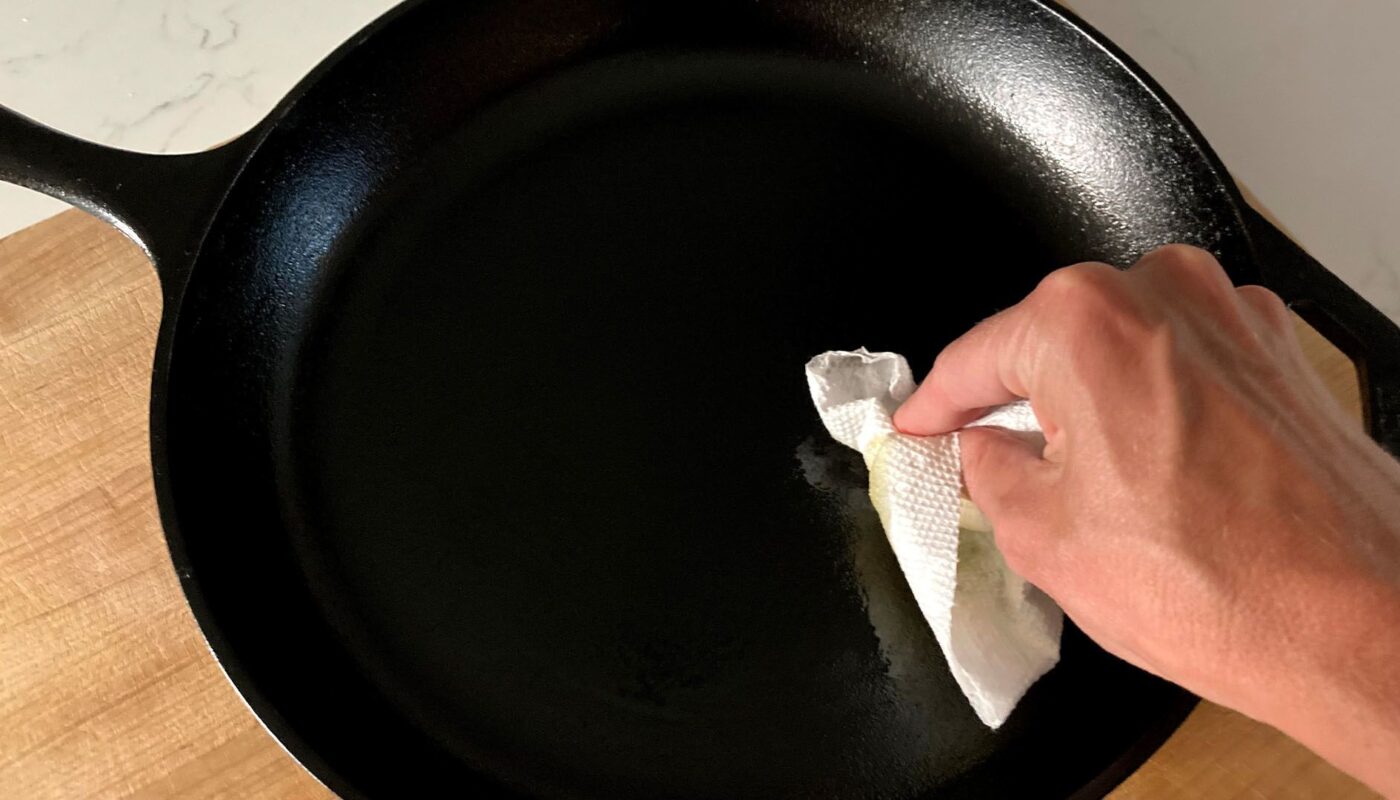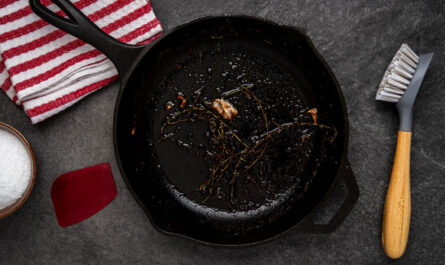When it comes to cooking, the choice between cast iron vs stainless steel can seem overwhelming, especially for sushi lovers seeking the perfect tools for making or serving their favorite dishes. Both materials offer unique benefits and serve distinct purposes in any well-equipped kitchen. Whether its searing meat, sauting vegetables, or preparing a meal to impress family and friends, understanding the differences between these two tremendous options is key. Lets delve into the specifics to help you decide which is right for your cooking needs!
What Makes Cast Iron and Stainless Steel Unique?
Both cast iron and stainless steel have characteristics that set them apart in the world of cookware. Sushi enthusiasts often wonder which material is better suited for their tastes and techniques. Below, well walk through the main qualities of each.

The Basics of Cast Iron
Cast iron skillets and pots are heavy-duty and highly durable. Known for their ability to retain heat evenly, theyve been a staple in kitchens worldwide for centuries. Many sushi lovers use cast iron pans for searing fish, including sushi-grade cuts, to perfection. The material excels at high-temperature cooking and is perfect for dishes requiring a nice, even sear. For more cooking tips, check out sausage cooking.
Advantages of Cast Iron
- Heat retention: Once hot, cast iron maintains its temperature longer than most material types.
- Durability: A well-maintained cast iron skillet can last for decades, if not longer.
- Non-stick surface: With proper seasoning, the surface becomes naturally non-stick, perfect for delicate ingredients like fish.
Challenges with Cast Iron
- Prone to rusting if not maintained correctly.
- Relatively heavy compared to most stainless steel options.
- Requires careful seasoning to maintain its best features.
The Basics of Stainless Steel
Stainless steel cookware is another popular choice, offering a sleek appearance and a lightweight feel. Many value its quick heating properties for busy weeknight meals or light frying. This material is often used in professional kitchens due to its versatility and ease of cleaning. Sushi enthusiasts love it for its ability to handle sauting and steaming tasks without hassle.
Advantages of Stainless Steel
- Quick heating: Heats up quickly, making it ideal for fast cooking.
- Non-reactive: Unlike cast iron, it doesnt react to acidic foods.
- Lightweight and easy to handle: Perfect for quick flipping and tossing in the pan.
Challenges with Stainless Steel
- Less effective in retaining heat compared to cast iron.
- Can be prone to sticking unless properly oiled or pre-heated.
Comparing Cast Iron vs Stainless Steel for Sushi Lovers
As a sushi lover, you might be wondering which material best suits your needs. Lets examine some common scenarios and how each material performs.
Searing Fish for Sushi
Cast iron works exceptionally well for searing salmon, tuna, or other sushi-grade fish, offering perfect caramelization. Learn more about this with external guides like simple cast iron salmon. On the other hand, stainless steel pans can also suffice if you need to whip up something quickly.
Making Sushi Rice
When it comes to prepping sushi rice, stainless steel pots offer better temperature control to ensure perfectly cooked rice every time, while cast iron pots might hold too much residual heat.
Maintenance: Keeping Your Cookware in Top Shape
Tips for Cleaning Cast Iron
- Always dry thoroughly after washing to prevent rust.
- Season often to maintain its non-stick coating.
- Invest in a cast iron brush for stubborn food residues.
Tips for Cleaning Stainless Steel
- Wash immediately to prevent stubborn markings or discoloration.
- Use specific cleaners designed for stainless steel if needed.
- Avoid abrasive scrubbers that can scratch the surface.
Which Should You Choose? Cast Iron vs Stainless Steel
In conclusion, the ideal choice will depend on what you wish to cook. For sushi lovers keen on searing fish and grilling, cast iron is a terrific option. For boiling, steaming, or light frying, stainless steel is here to delight your culinary adventures.
Internal Links

FAQ Section
Q: Can cast iron handle acidic foods?
A: Yes, but it requires proper seasoning to prevent reaction with the acid in foods.
Q: Is stainless steel dishwasher safe?
A: Most stainless steel cookware is dishwasher safe, but its best to check the manufacturers guidelines.
Q: Which material is lighter to handle?
A: Stainless steel is generally lighter and easier to maneuver, making it ideal for those prioritizing convenience.
This article contains affiliate links. We may earn a commission at no extra cost to you.




